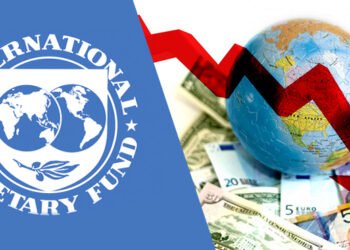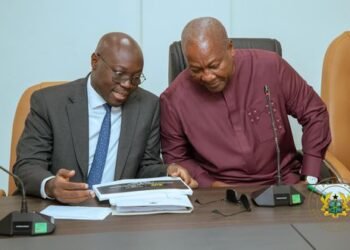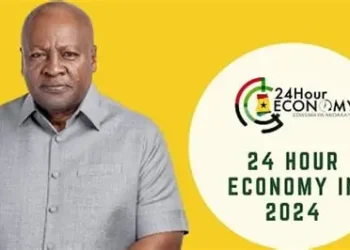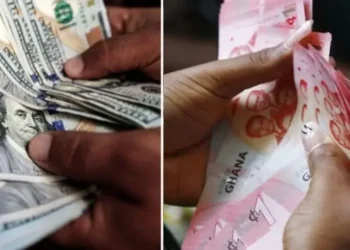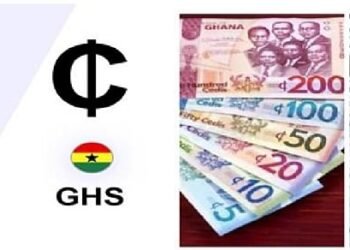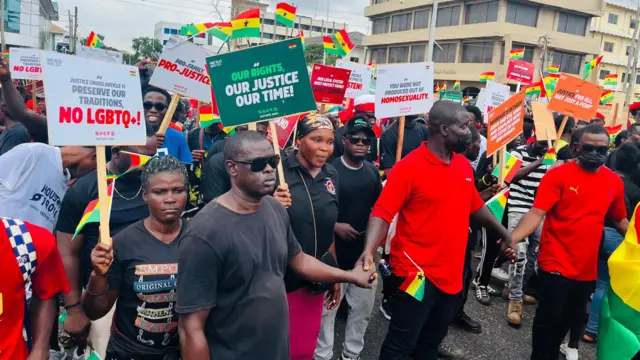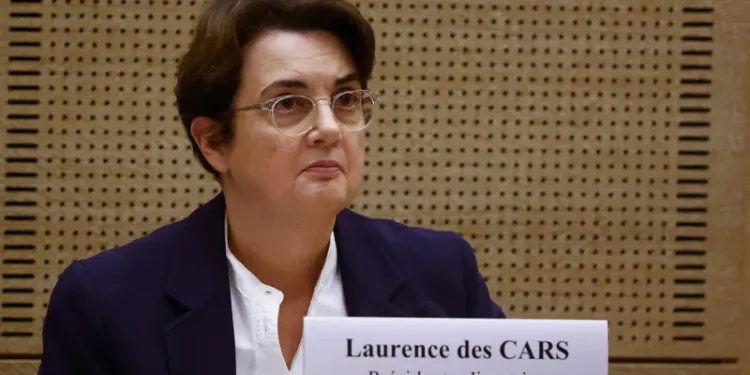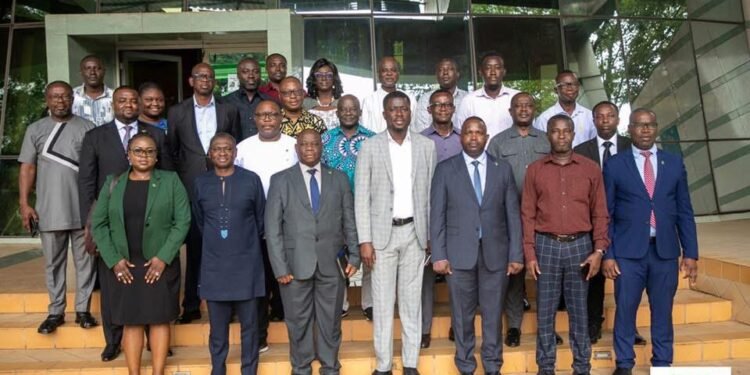The Deputy Managing Director of the Ghana Stock Exchange (GSE) and a leading investment banker, Abena Amoah has endorsed the approach being used for the establishment of the Development Bank Ghana (DBG). She made this known at Development Finance Series at the research and consultancy Centre of the University of Professional Studies (UPSA), Accra.
According to Ms. Abena Amoah, the way the Government is plugging all loopholes to ensure the Development Bank of Ghana stands the test of time is a good approach that must be lauded.
“Typically, the way the bank was set up under the Companies Act gives us some level of immunity, so in that case, we don’t have direct political involvement. Secondly, we have done all that we can to make sure that recruitment is done through an independent process. The diversity of the partners working with the government to establish the bank is a testament to its sustainability.”
Ms Abena Amoah
Meanwhile, she noted that Development Bank is structured to raise very cheap funds which should allow businesses to borrow into the target sectors. In addition, Madam Abena also stated that the cheap capital will boost Ghana’s economic growth and this can be achieved through agriculture, housing and manufacturing sectors.
Moreover, a finance Lecturer at UPSA, Dr Emmanuel Debrah, also contributing on the platform, observed that all development banks have collapsed due to poor corporate governance.
“When I heard of the Development Bank, what came to mind was, all the development banks Nkrumah built, all of them are no more. The question is what have we learnt from there to guide the sustainability of the yet to be operational Development Bank, Ghana… Research has shown that all development banks in the past collapsed due to poor corporate governance.”
Dr. Debrah
Furthermore, speaking on why Ghanaian businesses prefer debts to equity in their quest for funding, Awura Abena Agyeman, CEO of Wear Ghana noted that young businesses are not just interested in money but also in what she calls smart Capital.
The CEO of Wear Ghana also noted that “despite being described as the bedrock of Ghana’s economic development, the agriculture and manufacturing sectors receive just 4 and 8 percent respectively of investment.” The situation, she said, results from the lack of capital due to the short term nature of investment funding available in the country.
Therefore, in a bid to find a solution to the foregoing problem, the Government of Ghana in partnership with the World Bank, and other international development institutions have committed to the establishment of the new development finance institution in Ghana to provide patient capital for Ghana’s industrialisation agenda.
It can be recalled that earlier in the year, the Government of Ghana proposed new development Bank which was expected to commence with a seed of capital of about $1 billion. This amount is expected to come from the government, its development partners and other secondary donor institutions.
As a result, the government entered into a partnership with three main institutions: The World Bank, the European Investment Bank (EIB), and KfW Development Bank.
The initial agreement was that the Government of Ghana will contribute an equity capital of $250 million. Also, the World Bank agreed to contribute $250 million. Out of the $250 million from the World Bank, a portion is expected to be used to make all the necessary arrangements for the DBG to fully commence as well as €170 million from the EIB.
RAED ALSO: GSE market outperformed our expectations – Alex Boahen




